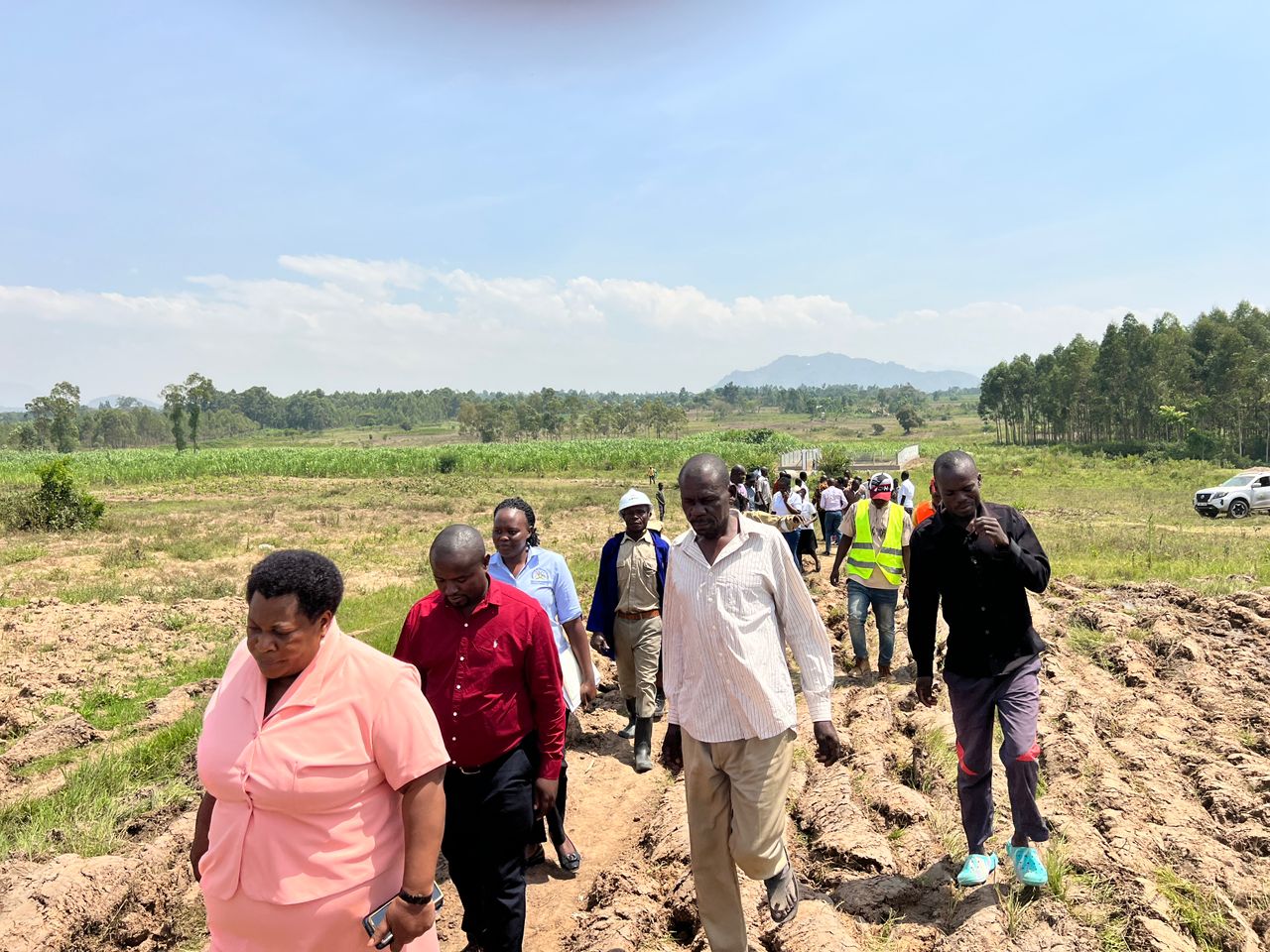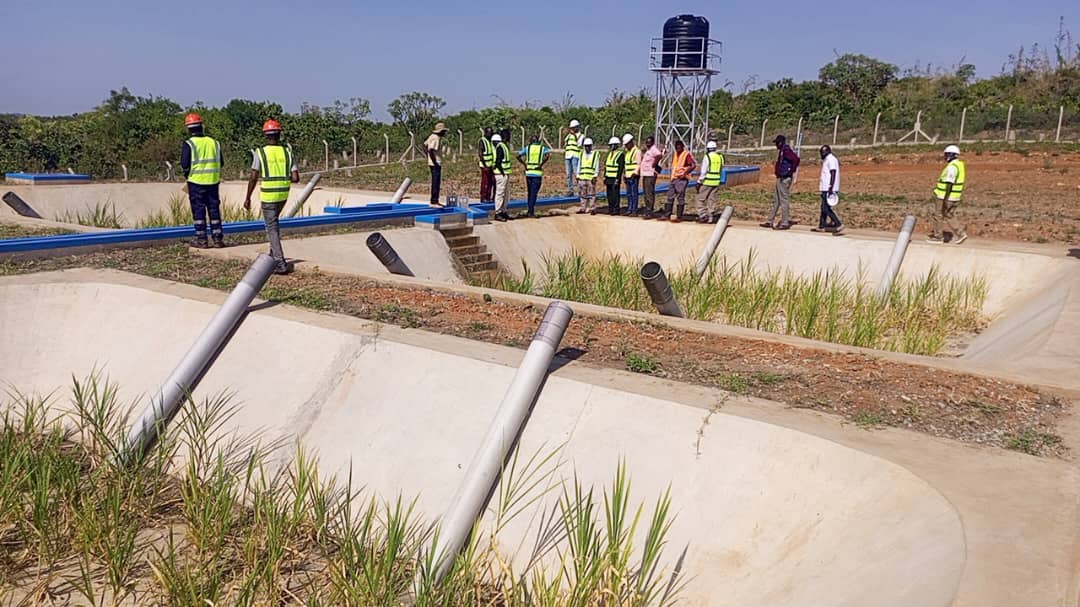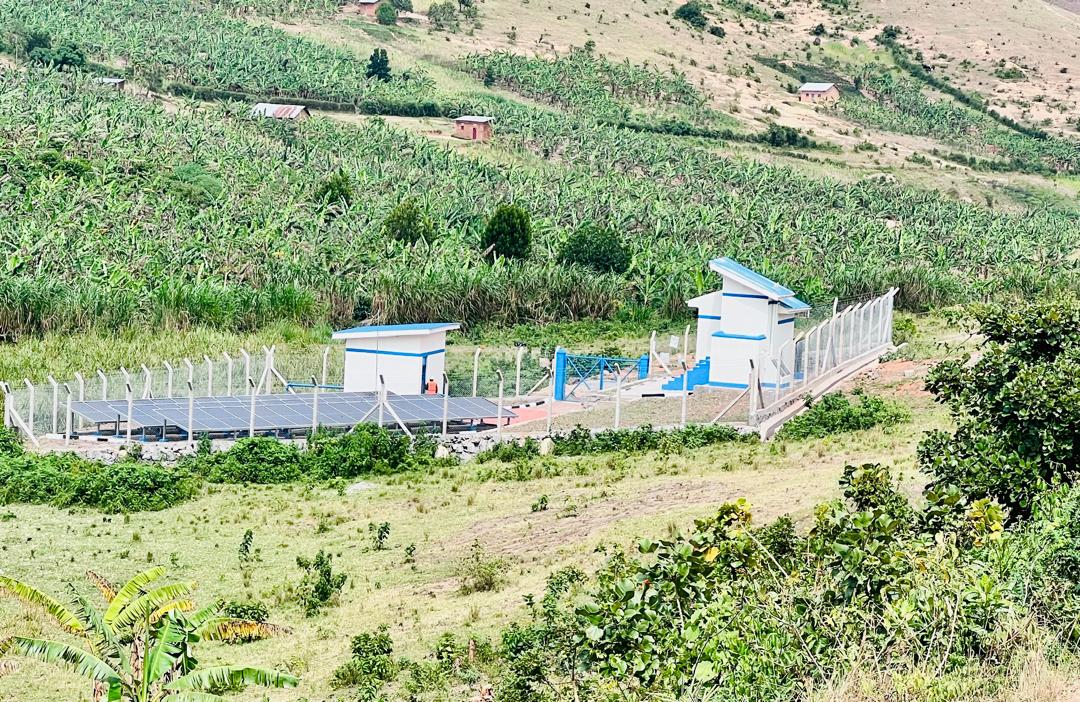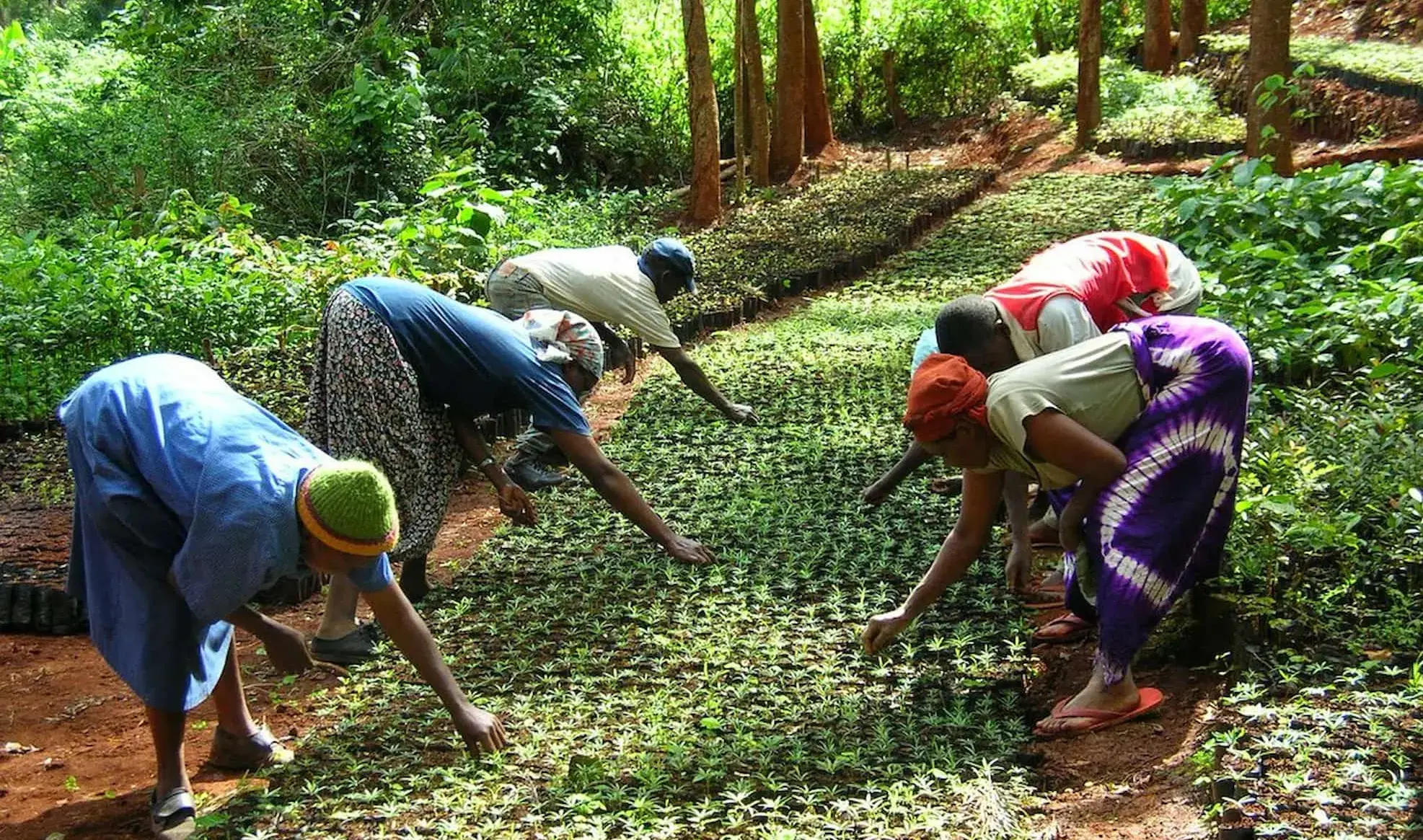
Empowering women in the face of climate change
Women are universally considered more vulnerable to the impact of climate change in
most developing countries. In Uganda, the situation is not any different, as many of
them shoulder most of the family responsibilities, including; food production, retrieving
water, and looking after the young ones.
At Orit-Village, (located in Odwarat sub county, Ngora district), for example, women and
girls are the ones engaged in agricultural farmlands, including; rice fields where they
spend most of their time, moreover, men are the final beneficiaries.
Under the Building Resilient Communities, Wetland Ecosystems and Associated
Catchment in Uganda Project, however, the government of Uganda is transforming the
narrative as the lives of women and girls get transmuted.
This achievement has been all, but a deliberate effort targeting women at the time of
selection, training, and provision of alternative livelihoods being given to community
members voluntarily vacating wetlands. This, in turn, has facilitated government
initiatives aimed at restoring Agu wetland and supporting communities to become
resilient to climate change.
Ms. Jennifar Tukei, 26, a mother of three, is among the several women benefiting from
the project Ngora district. She received one pig two years ago. The pig multiplied. She
sold them and bought two goats. The goat produces two kids at each birth. Now, she
has five goats, one is expecting. She plans to exchange them for a cow for easy
management.
“I am grateful to the government for the support we have received after we were asked
to leave the wetland. From what I got, I now have five goats. I want to change to a cow.
My ambition is to get milk, some of which I will sell to gain income. Some of my children
will consume. I am sure I will have a better life than when I was in the wetland,” Tukei
said.
Ms Grace Ajilong, like Tukei, received a pig. She sold it and bought a goat. The balance
from the sale of the goat was used to meet the family’s needs. She hopes that when the
goat multiplies, she will live a better life. For Ms. Florence Aluro, the chicken she
received has helped her meet family needs. She received the chicken in 2021.
She sold and bought one goat. She also received one piglet that has since been
delivered. Ms. Hellen Apolot also received one piglet. She took care of it, till it gave
birth to five piglets. Given that she is a widow, she sold some pigs to raise fees for her
two grandchildren in secondary school.
At the recent visit, the women expressed gratitude towards government support. They
believe deliberate targeting of women has helped most of them to adapt to climate
change impacts. “This project is different from other projects we receive in our
community. Unlike others, women have been made to benefit directly. Some projects
consider men leaving women suffering. We are indeed grateful to the government and
its partners for this kind gesture,” Tukei said. “We feel we need more support because
women who were in the wetland have not benefited,” she adds.
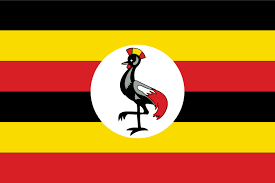 Official Website of the Ministry of Water and Environment
Official Website of the Ministry of Water and Environment

